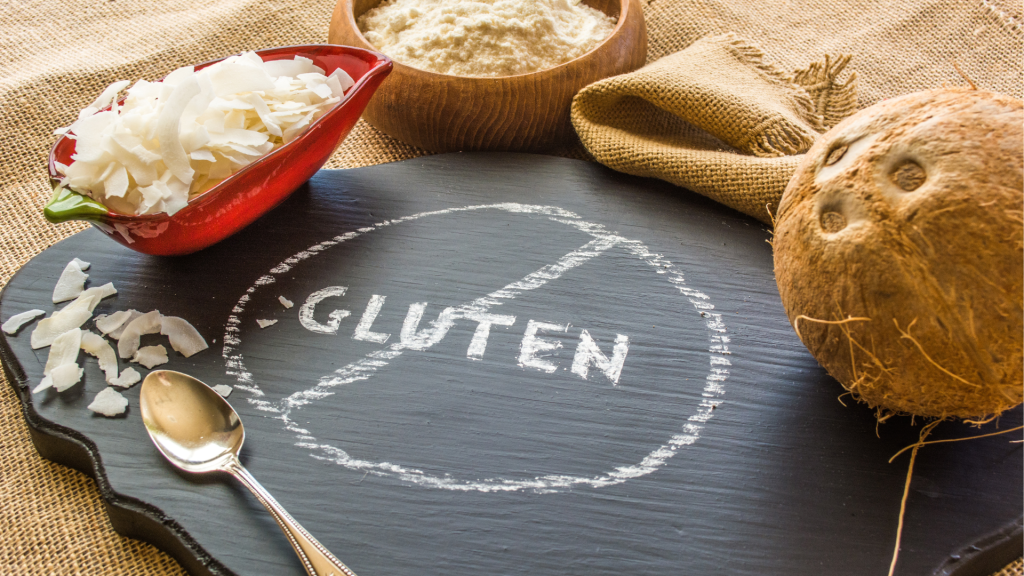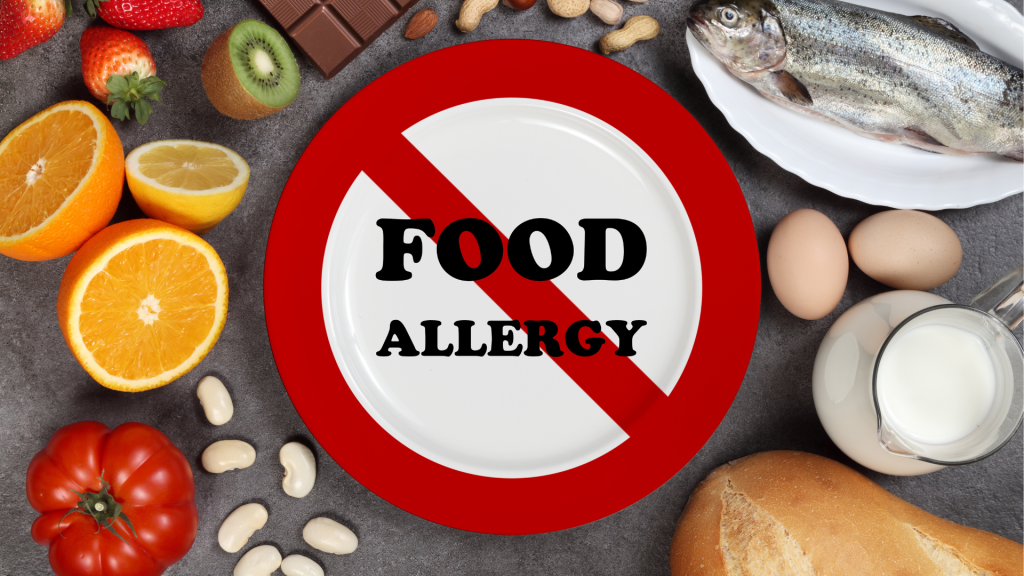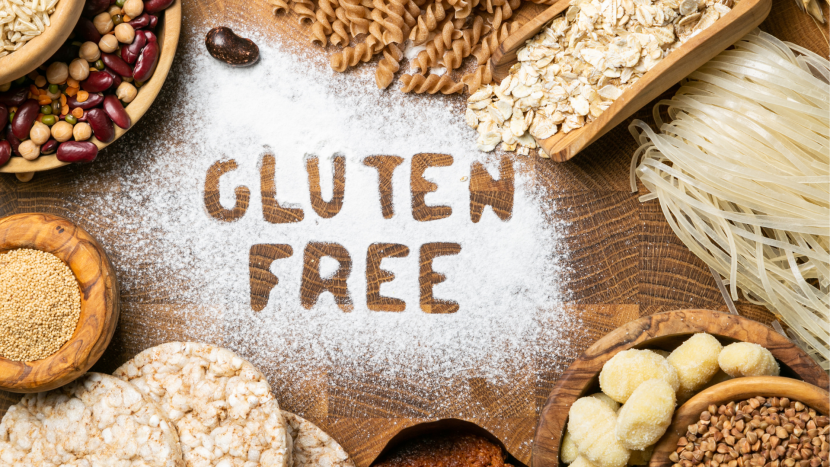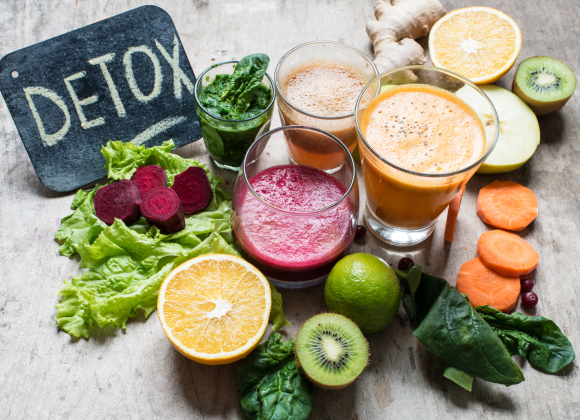What is Gluten?
A gluten-free diet eliminates gluten, a protein found in wheat, barley, and rye that provides no essential nutrients. For the 1% of people with celiac disease, avoiding gluten is critical because it triggers harmful immune reactions, damaging the intestines. Thanks to the wider availability of gluten-free products, maintaining this diet is easier than ever.
Interestingly, 20-30% of Americans have tried a gluten-free diet, despite no medical need. While some believe it improves digestion or health, no scientific evidence supports gluten-free eating for those without celiac disease or gluten sensitivity. For most people, eliminating gluten unnecessarily offers no proven benefits and may lead to nutrient deficiencies if not balanced properly.
What is a gluten-free diet?
A gluten-free diet eliminates all foods containing gluten, a protein found in wheat, barley, rye, and some processed foods. It’s essential for people with celiac disease (an autoimmune disorder) or gluten sensitivity, as gluten triggers harmful reactions in their bodies.
What You Can Eat:
- Naturally gluten-free foods: Fruits, vegetables, meat, poultry, fish, eggs, dairy, beans, nuts, and seeds.
- Gluten-free grains & starches: Rice, quinoa, corn, potatoes, oats (if certified gluten-free), and gluten-free flours (almond, coconut, tapioca).
- Processed gluten-free products: Gluten-free bread, pasta, and snacks (must be labeled “gluten-free”).
What to Avoid:
- Wheat-based foods: Bread, pasta, cereal, baked goods.
- Barley & rye: Beer, malt, some soups, and sauces.
- Hidden gluten: Soy sauce, salad dressings, processed meats, and some medications or supplements.
Who Needs It?
- Celiac disease patients (mandatory).
- Non-celiac gluten sensitivity (may reduce bloating, fatigue).
- Wheat allergy sufferers (different from gluten intolerance).
For others, going gluten-free isn’t necessarily healthier unless done carefully, as some gluten-free processed foods can be low in fiber and high in sugar/fat. Always consult a doctor before making major dietary changes.
Who should avoid gluten?

A gluten-free diet is essential for people with celiac disease—eating gluten triggers damaging immune reactions. Others may have non-celiac gluten sensitivity, experiencing bloating, diarrhea, or stomach pain after gluten consumption, even without celiac disease. Wheat allergy (diagnosed by testing) is another reason to avoid gluten.
For these groups, cutting out gluten improves health and prevents symptoms. However, those without gluten-related disorders may not benefit and should consult a doctor before making dietary changes.
Why are gluten-free diets so popular?
- Intuition: Cutting out a “problematic” protein like gluten seems logically healthy, even without evidence. (After all, less processed = better, right?)
- The Inflammation Argument: Since gluten causes harmful inflammation in celiac disease, people assume it might reduce general inflammation—despite no proof for non-celiac individuals.
- False Logic: “If gluten harms some, maybe it harms everyone.” (But this ignores that most people tolerate gluten perfectly well.)
- Celebrity Influence: Stars and influencers tout gluten-free living as a cure-all for weight loss, fatigue, or bloating, lending it unearned credibility.
- Anecdotal Proof: Powerful personal stories (“I quit gluten and my headaches vanished!”) override lack of scientific consensus. (Placebo effect or other dietary changes could be the real cause.)
- Clever Marketing: Food brands capitalize on the trend, labeling products “gluten-free” as a health halo—even when they’re junk food.
Who should eat a gluten-free diet?
1. People with Celiac Disease
- What happens? Celiac disease is an autoimmune disorder where gluten triggers the immune system to attack the small intestine, damaging its lining.
- Symptoms: Bloating, diarrhea, nausea, abdominal pain, fatigue, and malnutrition.
- Treatment: A strict, lifelong gluten-free diet is the only solution. Even small amounts of gluten can cause flare-ups.
2. People with Non-Celiac Gluten Sensitivity (NCGS) / Gluten Intolerance
- What happens? Unlike celiac disease, NCGS doesn’t cause intestinal damage, but gluten still leads to uncomfortable symptoms.
- Symptoms: Bloating, gas, stomach pain, fatigue, and irregular bowel movements.
- Diagnosis: No definitive test exists. Doctors often use an elimination diet (like low FODMAP) to identify triggers.
- Treatment: A gluten-free diet may help, but it’s best to confirm with a doctor—other food intolerances (like FODMAPs) could be the real issue.
3. People with a Wheat Allergy
- What happens? An immune reaction to wheat proteins (not just gluten) causing symptoms like rashes, headaches, or breathing problems.
- Key difference: Unlike celiac disease, wheat allergy sufferers can still eat gluten from barley or rye (unless they have additional sensitivities).
- Treatment: Avoiding wheat, but not necessarily all gluten-containing grains.

What does a gluten-conscious person do?
If you feel healthy and have no digestive issues, there’s no need to avoid gluten—enjoy your meals without worry! However, if you experience persistent symptoms like diarrhea, abdominal pain, bloating, unexplained weight loss, itchy rashes, or growth delays (in children), consult a doctor. Reliable tests—including blood work, genetic screening, or intestinal biopsies—can determine whether you have celiac disease, gluten sensitivity, or another condition like lactose intolerance, Crohn’s disease, or irritable bowel syndrome. Self-diagnosing or cutting out gluten without medical guidance could mask the real issue, so proper testing ensures you make the right dietary choices for your health.
Risks of a gluten-free diet
For most people, avoiding gluten provides no proven health benefits—and may even pose risks if not carefully managed. Whole grains like wheat, barley, and rye (which contain gluten) are rich in essential nutrients, including fiber, iron, B vitamins, and calcium. When these grains are refined to remove gluten, many of these nutrients are lost, leaving behind less nutritious alternatives.
Many processed gluten-free products—such as breads, pastas, and snacks—are made with refined grains and often contain higher levels of fat, sugar, and calories to compensate for texture and flavor. Instead of relying on these substitutes, those considering a gluten-free diet should focus on naturally gluten-free whole foods like quinoa, buckwheat, brown rice, and oats (certified gluten-free) to maintain balanced nutrition.
The gluten-free industry has grown significantly, driven by marketing rather than science, leading some products to be less healthy than their gluten-containing counterparts. Unless you have celiac disease, gluten sensitivity, or a wheat allergy, eliminating gluten unnecessarily could result in nutrient deficiencies without offering any real advantages. Always prioritize whole, unprocessed foods, and consult a healthcare professional before making major dietary changes.
Where is gluten hiding?
Gluten isn’t just in obvious baked goods – it’s hiding in plain sight throughout your pantry. Here’s your detective’s guide to uncovering gluten where you least expect it:
Breakfast Bait-and-Switch
- Cereal culprits: That “healthy” granola might contain barley malt
- Oat alert: Regular oats often cross-contaminated during processing
- Smart start: Look for certified GF oats or corn/rice-based cereals
Sauce Sabotage
- Flavor landmines: Soy sauce, teriyaki, and even some balsamic dressings
- Thickener tricks: Wheat flour hides in gravies and cream sauces
- Safe flavor boosters: Coconut aminos, tamari, and vinegar-based dressings

Snack Snares
- Chip deception: Flavored varieties often use wheat-based seasonings
- Pretzel predicament: All traditional pretzels are wheat offenders
- Crunchy solutions: Rice crackers, nut packs, and veggie chips
Beverage Betrayals
- Beer blues: Most traditional brews are barley bombs
- Mixer mishaps: Some cocktail mixes contain hidden gluten
- Cheers-worthy choices: Hard ciders, wine, and certified GF spirits
Grain Games
- Wolf in sheep’s clothing: Bulgur and farro sound healthy but contain gluten
- Ancient grain advantage: Amaranth and teff pack nutrition without gluten
- Versatile subs: Cauliflower rice makes an excellent texture stand-in
Pro Tip: Become a label linguist – watch for code words like “malt flavoring” or “hydrolyzed wheat protein.” When eating out, don’t just ask about ingredients – inquire about preparation methods to avoid cross-contamination.




